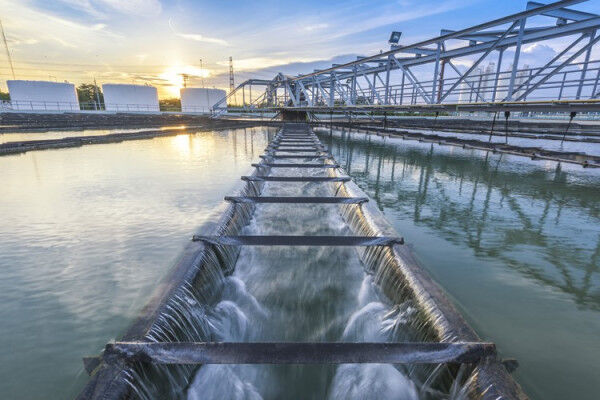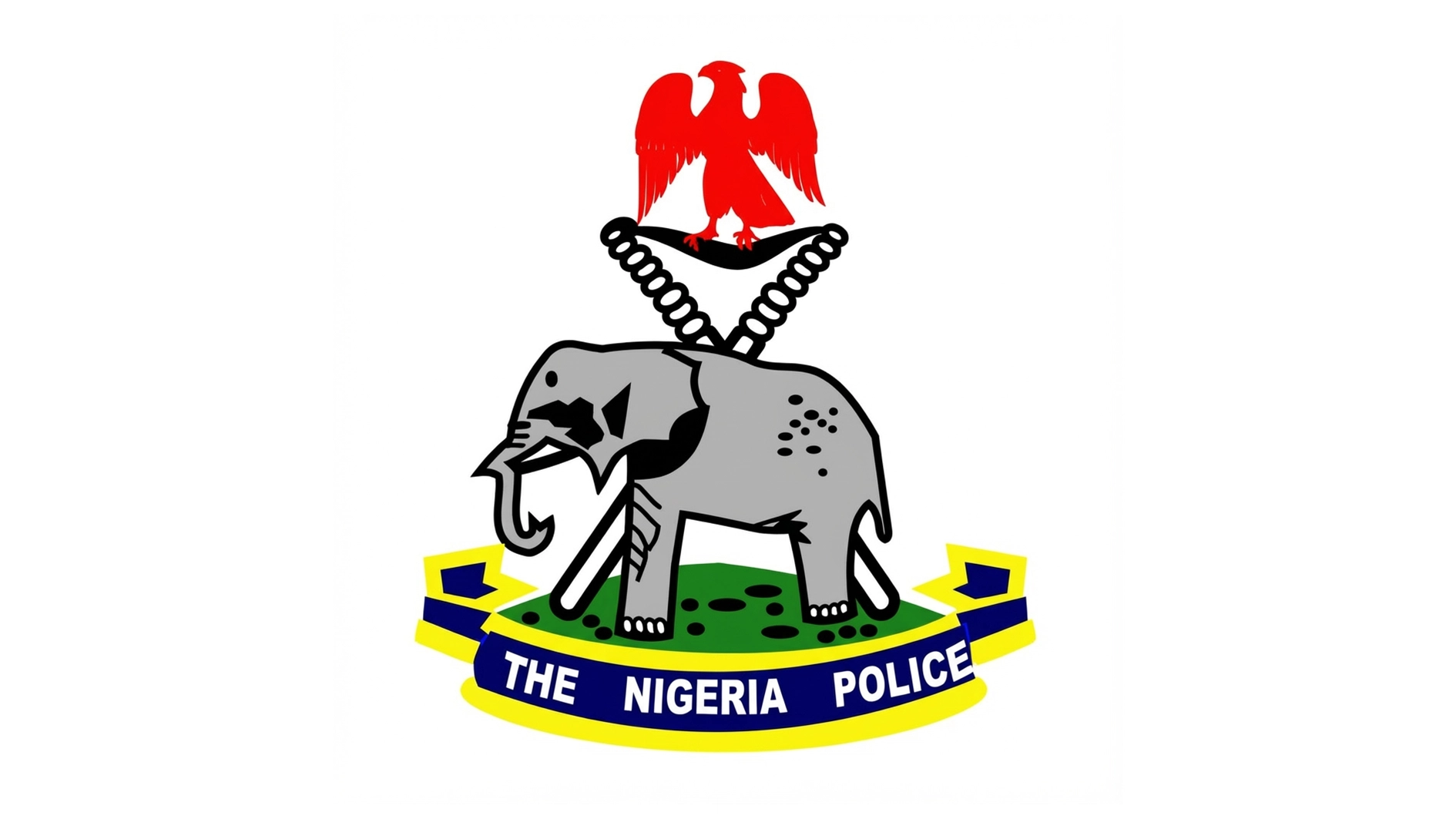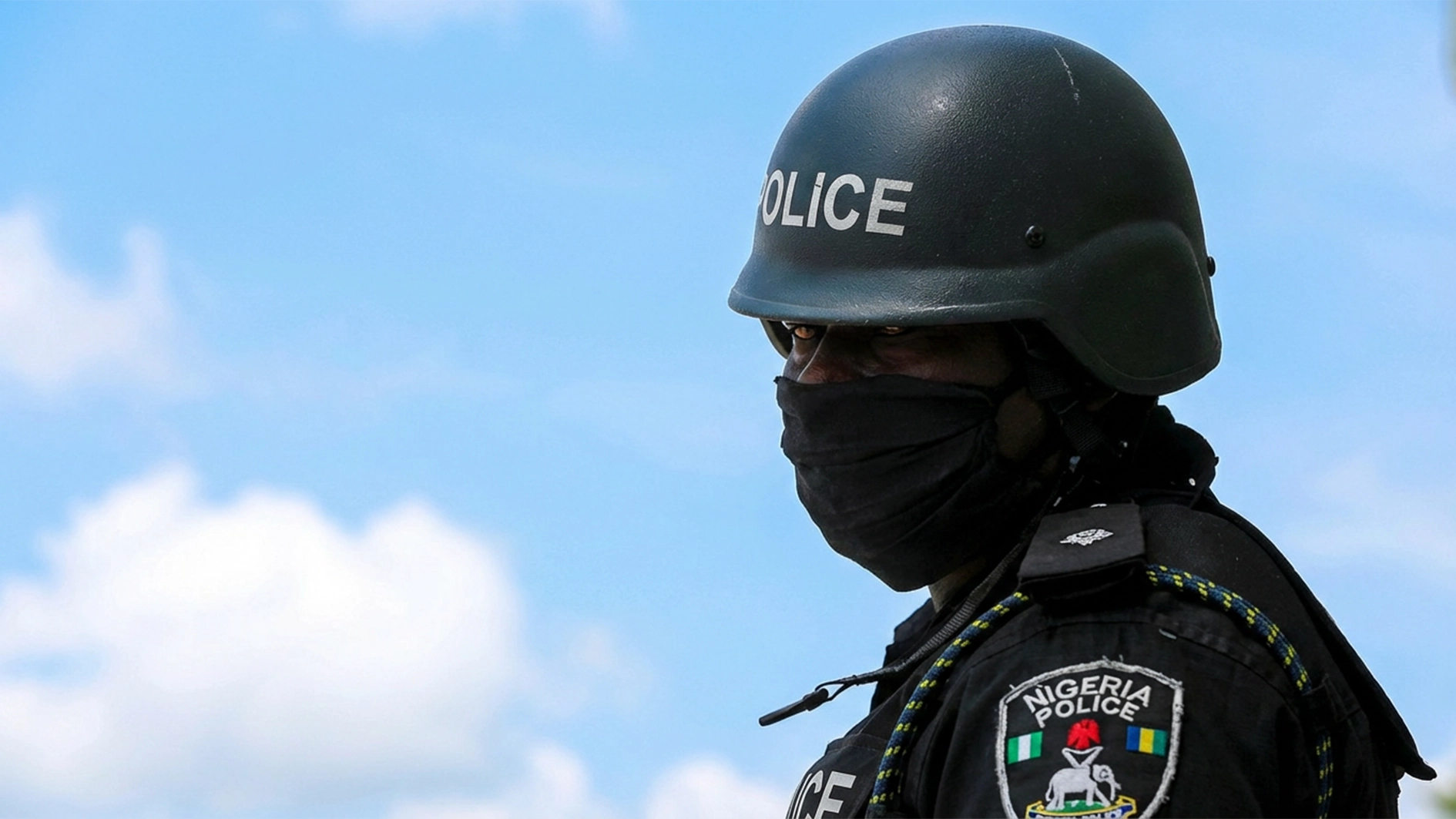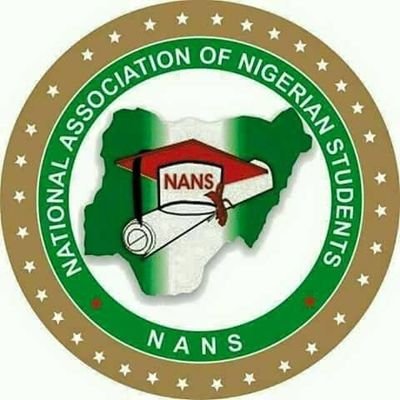
The Federal Ministry of Water Resources and Sanitation has raised concerns over the slow pace of financial disbursements in the $700 million Sustainable Urban and Rural Water Supply, Sanitation, and Hygiene (SURWASH) Programme.
Speaking on Tuesday in Abuja, Minister of Water Resources and Sanitation, Prof. Joseph Terlumun Utsev, raised the concern during the Midterm Review Workshop for the SURWASH programme.
Prof. Utsev noted that only $80.3 million had been disbursed by the World Bank as at end of December 2023, significantly lower than the projected $133 million.
The SURWASH initiative, which commenced in February 2022, is designed to address Nigeria’s water and sanitation challenges over a six-year period, ending in 2027.
According to Utsev, the programme aims to improve water supply and sanitation in urban, small-town, and rural areas across seven participating states—Delta, Ekiti, Gombe, Imo, Kaduna, Katsina, and Plateau.
He said as the programme reaches its halfway point, the cumulative disbursement shortfall of $52.7 million highlights the need for urgent intervention.
Prof. Utsev emphasised that accelerating fund disbursements is crucial to meeting the program’s development objectives.
“The shortfall in disbursement is a clear signal that we need to intensify our efforts,” Utsev remarked.
“Our collective commitment is critical to ensuring that funds are utilised efficiently to achieve the intended impact of the program.”
He however said despite financial delays, there is significant progress in meeting key performance indicators across the seven states, These, he said include the preparation of Policy, Institutional, and Regulatory (PIR) plans and the Performance Improvement Action Plans (PIAPs), which have paved the way for more efficient implementation.
“The progress we’ve made in terms of policy and regulatory frameworks is commendable, despite the financial constraints. However, more needs to be done to achieve our long-term objectives,” Utsev said.
“We aim to empower states to independently manage and scale up the programme, which will ensure the sustainability of water supply and sanitation improvements,” Utsev noted.
To address the challenges, the ministry has scheduled a high-level stakeholders roundtable meeting with the governors of the participating states for October 3, 2024. This meeting will focus on increasing advocacy, sensitization, and securing further state-level commitments to the program.
Utsev expressed optimism that with sustained effort and collaboration between federal, state, and international partners, SURWASH would ultimately succeed in improving water and sanitation for millions of Nigerians by its 2027 deadline.
As Nigeria works towards enhancing its water infrastructure, the minister stressed the importance of using data and performance metrics to guide future decisions.
On her part, the World Bank representative on the project, Awa Diagne, urged stakeholders to actively engage in ensuring sustainability of water in rural and urban areas.
According to her, since the inception of the project the World Bank is committed to ensuring policy and institutional dialogue and service delivery.
She said accessing water is a fundamental human right emphasising that they are committed to ensuring that no one is left behind.






